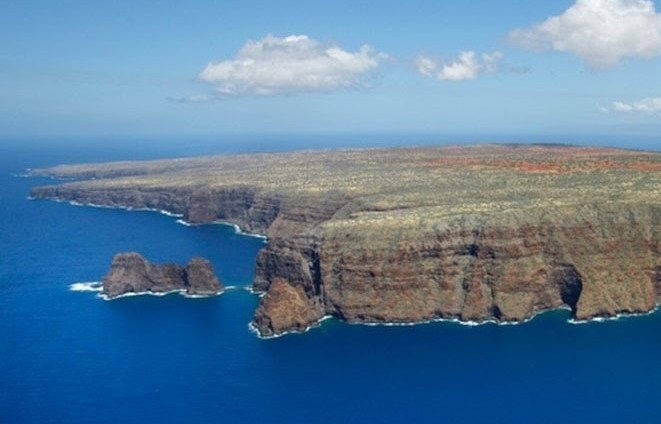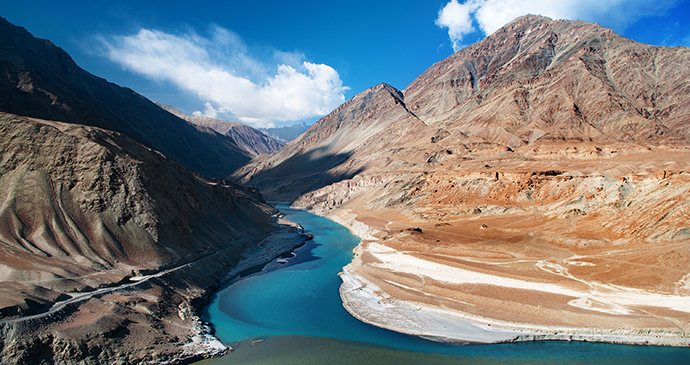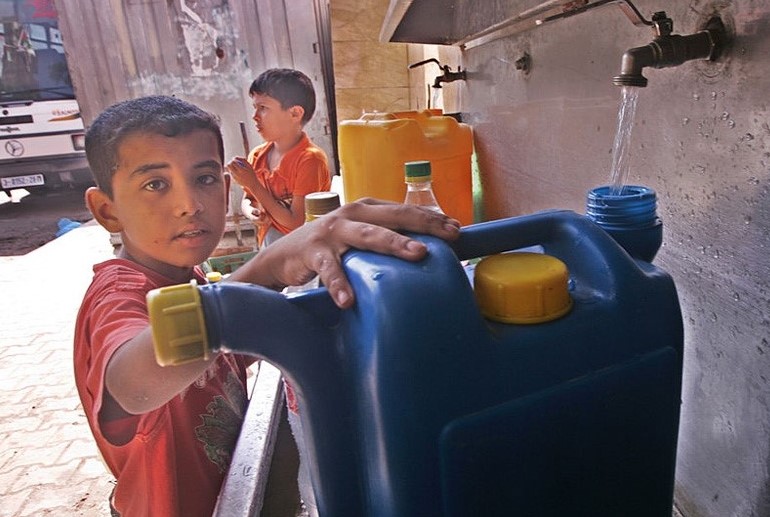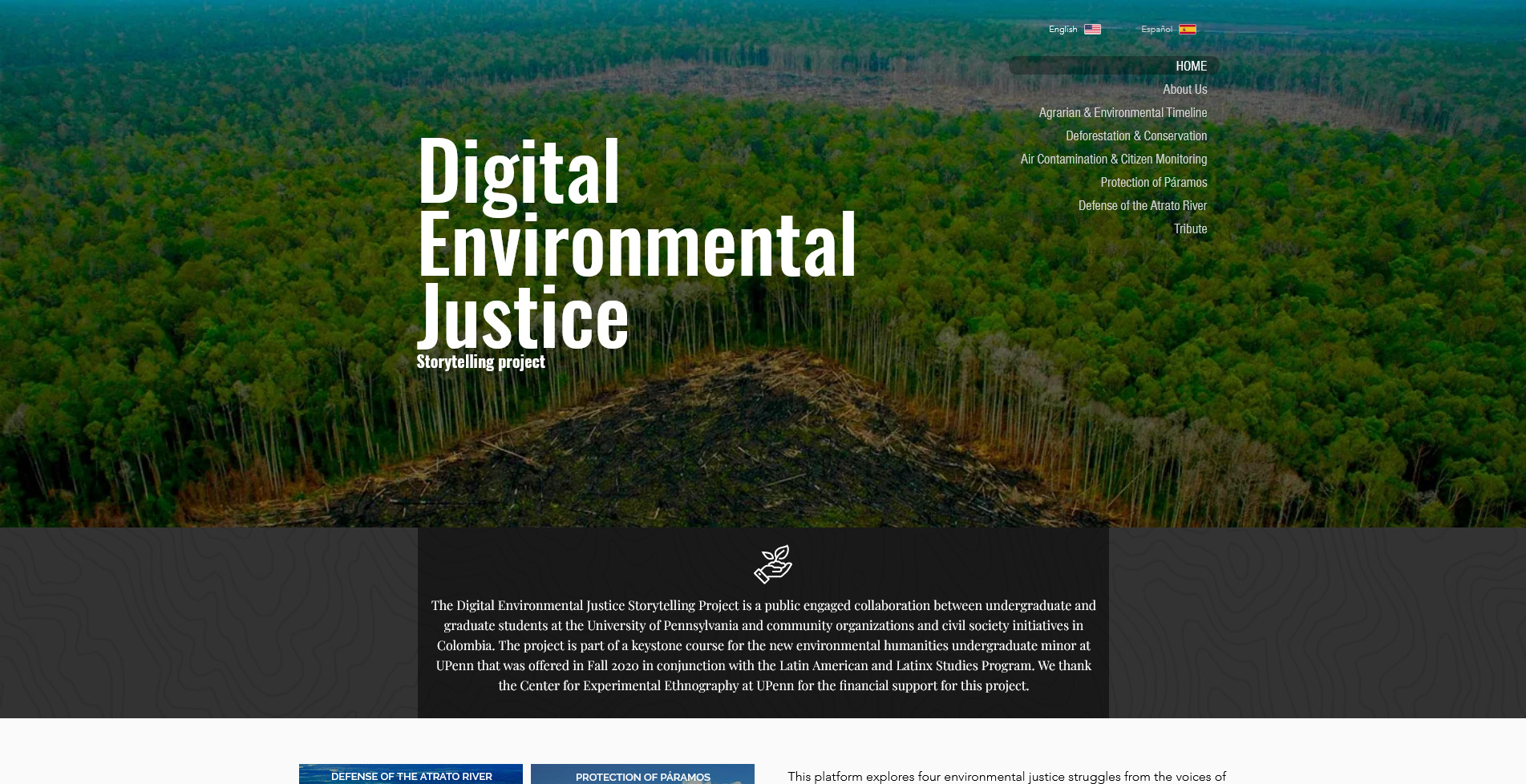Rights of Nature in Times of Conflict and Transition
An undergraduate seminar taught by Assistant Professor Kristina Lyons (Anthropology & PPEH) considers how the recognition of "nature" as a victim of war may transform understandings of violence, and hence, approaches to constructing peace.

Image Credit: Sandy Skoglund, "Revenge of the Goldfish" (1981), also featured on Laura Restrepo's Delirio.
In less than half a decade, the idea that "nature" possesses inalienable rights akin to human rights has gone from a strictly theoretical concept to the basis of policy changes in several countries and U.S. municipalities. This first-year seminar is introducing students to current legal, political, ethical, and practical debates about the implementation and impacts of granting “rights to nature”. We first began by examining how the Community Environmental Legal Defense Fund (CELDF) supported citizens of Tamaqua, Pennsylvania to write the world's first local "rights of nature" ordinance. We then went on to compare the politics of "rights of nature" cases in Ecuador, New Zealand, India, and Colombia, and beyond. The course pays particular attention to the way biocentric constitutional moves may transform concepts and understandings of environmental justice and socio-environmental conflicts. In particular, how the recognition of "nature" as a victim of war may transform understandings of violence, and hence, approaches to constructing peace and engaging in reparative practices within the larger framework of community efforts to mitigate climate change. Lastly, the seminar explores the possibilities and tensions between community decision-making, "rights of nature" legal frameworks, and national level policies regarding the intensification of extractive activities, territorial ordinance, struggles over environmental racism, and the colonial impacts of pollution. Beyond solely engaging with social science and legal documents, the final project for this seminar integrates multimodal methods to teach students how to experiment with doing public engaged environmental humanities work.
Students in the seminar collaborated to write the following blogs focused on the interfaces between “nature” and war in three different contexts. Click on the titles below to learn more:

Image Credit: Bob Bangerter, Maui Magazine
1947 Partition of India & the River Indus: An Untold Tale
M. Abdullah Khalid

The Palestinian-Israeli Water Crisis
Azd Billeh

Image credit: Al Jazeera, 2019

In fall 2020, Drs. Kristina Lyons and Marilyn Howarth, their students from ANTH 310: Transdisciplinary Environmental Humanities, and their collaborators in Colombia on created the The Digital Environmental Justice Storytelling Project. This project is a public engaged collaboration between undergraduate and graduate students at the University of Pennsylvania and community organizations and civil society initiatives in Colombia. It is part of a keystone course for the new environmental humanities undergraduate minor at UPenn that was offered in Fall 2020 in conjunction with the Latin American and Latinx Studies Program.
The platform 'explores four environmental justice struggles from the voices of environmental regulators, legal fields, scientific practitioners, artists, grassroots movements, and interethnic urban and rural communities. It also explores the structural roots of these environmental justice struggles and places emphasis on community proposals and the efforts of citizens to transform socio-enviromental conflicts in the defense of healthy territories and urban landscapes.'
View the robust and engaging Digital Environmental Justice Storytelling Project at the website https://www.environmentaljusticecolombia.com/.
